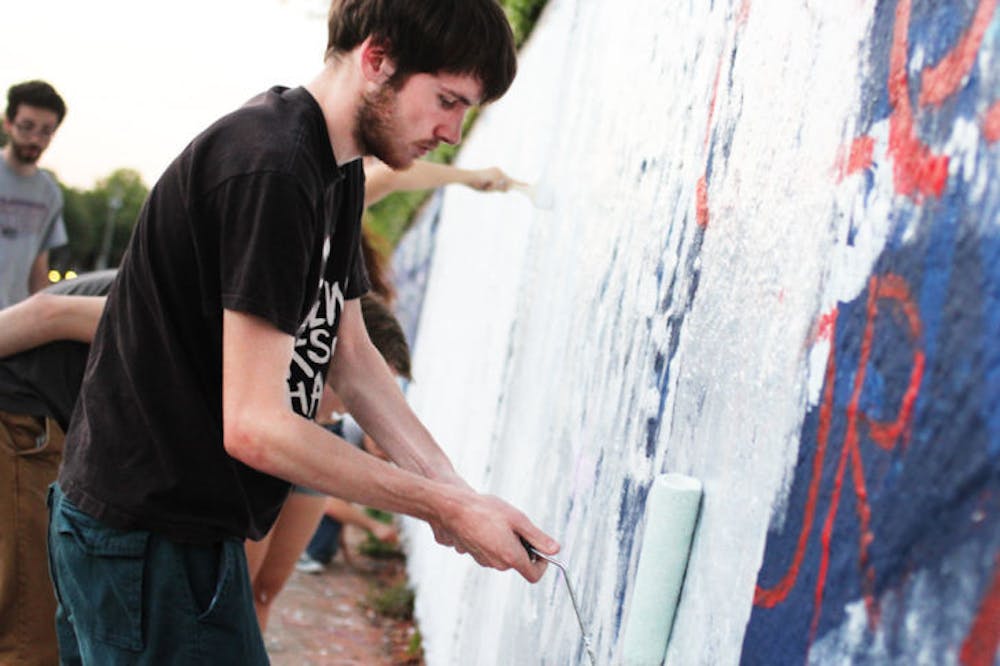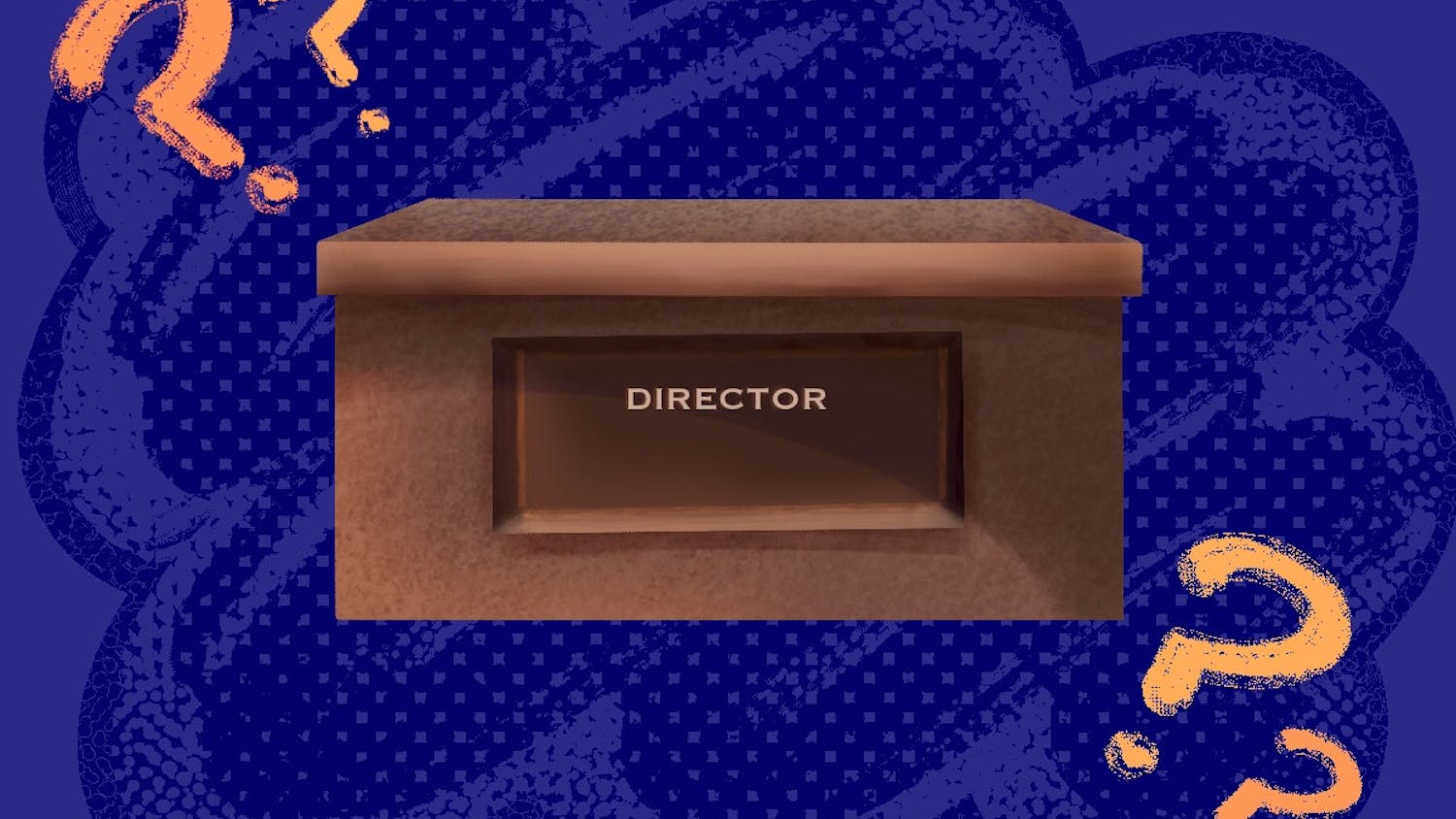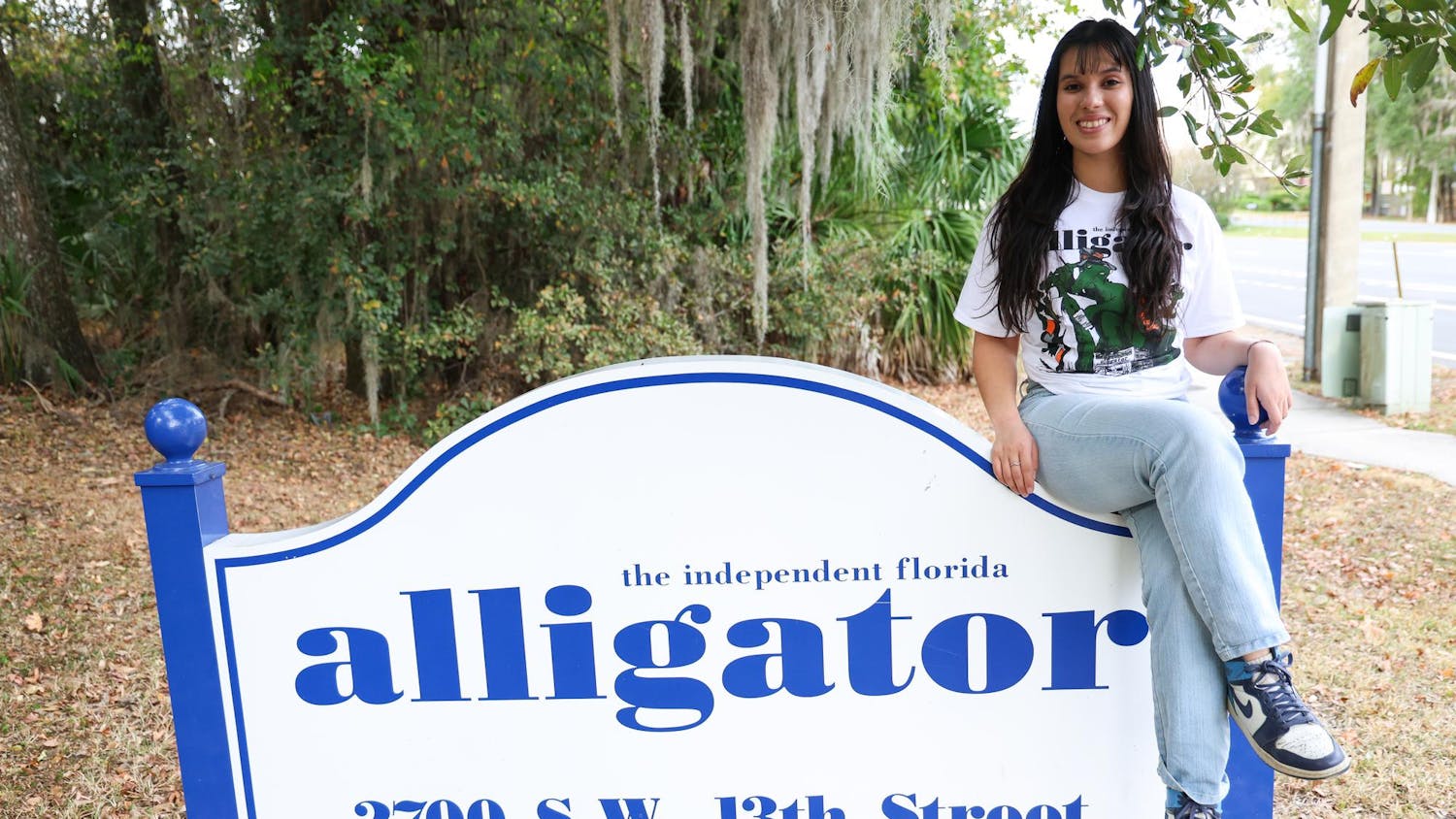The UF Students for a Democratic Society and UF Libertarians are co-hosting an anti-drone week of action to raise awareness about what they believe to be UF’s involvement in military drone research.
“UF’s engineering programs, in particular, get a lot of funding from defense contractors from the U.S. government to pay professors to do research in drones,” said Kelly Barber, a 21-year-old history senior and vice president of the UF Libertarians.
The week of events will include painting the 34th Street Wall, a public reading of the names of those who died in drone strikes, tabling and a protest outside of Tigert Hall, said Conor Munro, a 21-year-old history and economics junior and lead organizer for SDS.
Peter Ifju, a UF mechanical and aerospace engineering professor, gets funding from the U.S. military to research unmanned aerial vehicles for investigating wildlife refuges owned by UF.
“Any technology, whether it’s drones, doing research on materials — for instance, ceramics or metals — virtually anything could be used for military purposes,” he said. “So this, just like any other technology, could be used for military purposes. No question about that.”
UF is one of 81 public entities authorized by the Federal Aviation Administration to use drones, according to a list released by the FAA in 2012.
These drones are equipped with high resolution cameras to do research in uninhabited areas and remote wildlife sanctuaries. UF is not authorized to fly drones over campus, Ifju said.
Military drones were thrust into the national spotlight when the Obama administration increased the use of drone strikes against enemy combatants.
UF Libertarians and SDS hope to seek answers about the university’s involvement with the U.S. military drone program, Munro said.
“We want to demilitarize UF,” he said.
Josh Bush, a 21-year-old UF computer science student, paints on the 34th Street Wall as part of a UF SDS event Monday evening.






